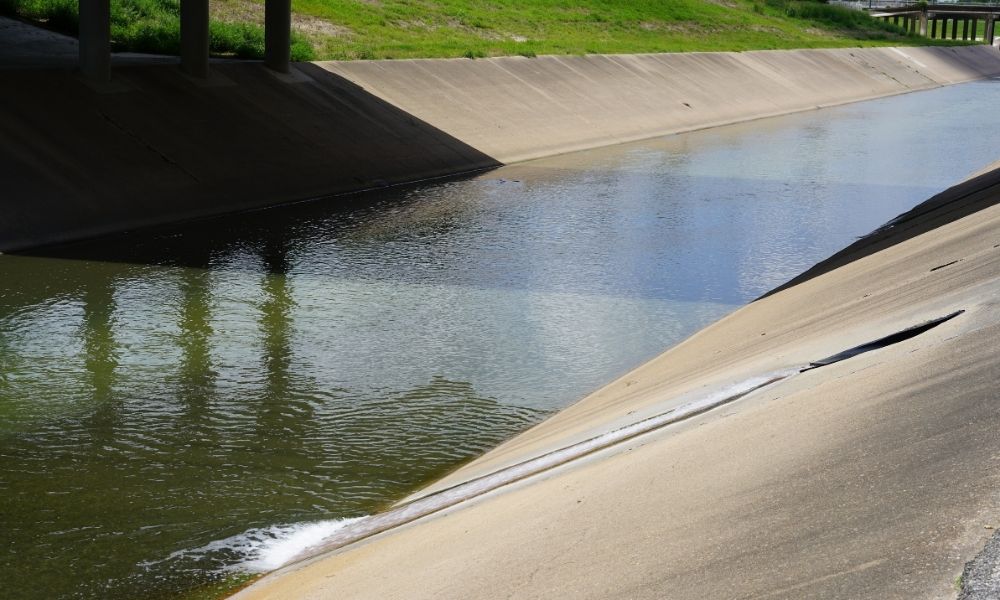
Though we all understand water is important and pollutants are bad for the environment, the strides of the general public toward keeping water cleaner is a more recent endeavor. There have always been people within society who have understood the significance of our role on Earth and the elements, but now we’re all becoming more aware. With a better comprehension, we can more clearly understand the ways to counter the negative effects of urban runoff in order to better preserve our water and environment.
Environmentally Safe Cleaners
In an effort to avoid damaging our fresh water—especially when flushing cleaner water—many “green cleaners” have entered the market. Using environmentally safe cleaners allows us to still maintain health and safety in our homes with alternatives to harsh toxins in chemicals that can contaminate our water supply. Since even our sewage water is repurposed, the less unnatural materials that are flushed, the better. When you do need to use harsh cleaners, limit their use as much as possible.
Storing Toxic Materials
Properly storing toxic materials is a must. There are very little eco-friendly alternative options. Adequate storage keeps toxic chemicals from corroding inadequate storage, seeping into the ground, or leaking into our gutter systems. When you must retain toxic materials, it’s imperative you do so responsibly.
Proper Disposal Of Hazardous Material
There are a lot of hazardous materials we don’t automatically classify as hazardous. When we put certain medications in our bodies or on our skin, we think, How can they be poisonous? Yet, they are, and mixing with water only magnifies their potency. When disposing of hazardous materials—whether unneeded medication at a pharmacy drop box or old paint at a drop site—make sure you do so properly. Hazardous materials can do irreparable damage to the ground and water.
Properly Absorbing Spills
When chemicals such as oil or gasoline spill on your driveway, it may seem like a simple clean-up job—all you have to do is hose off the driveway, right? Wrong. Instead, find naturally absorbent materials to soak up the hazardous spill, such as kitty litter or sand. It can then be swept up and disposed of, preventing it from entering water runoff.
ABT is taking many strides to not only deliver communities with surface water drainage solutions, but informing the public about the ways to counter the negative effects of urban runoff. It’s a team effort to combat negative effects on the Earth and our freshwater supply. The more information we have, the better we can work together to choose proper drainage solutions and implement the best practices.